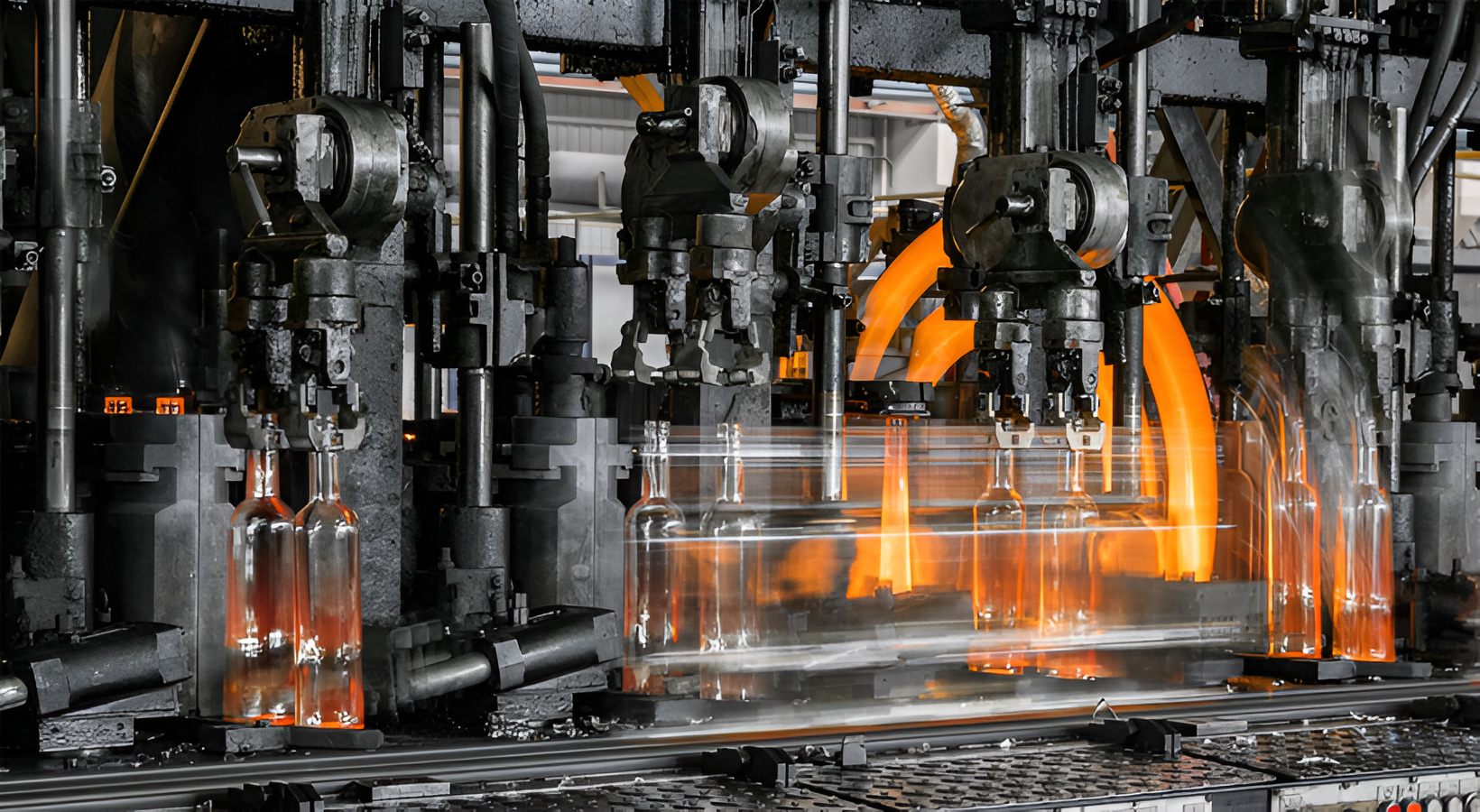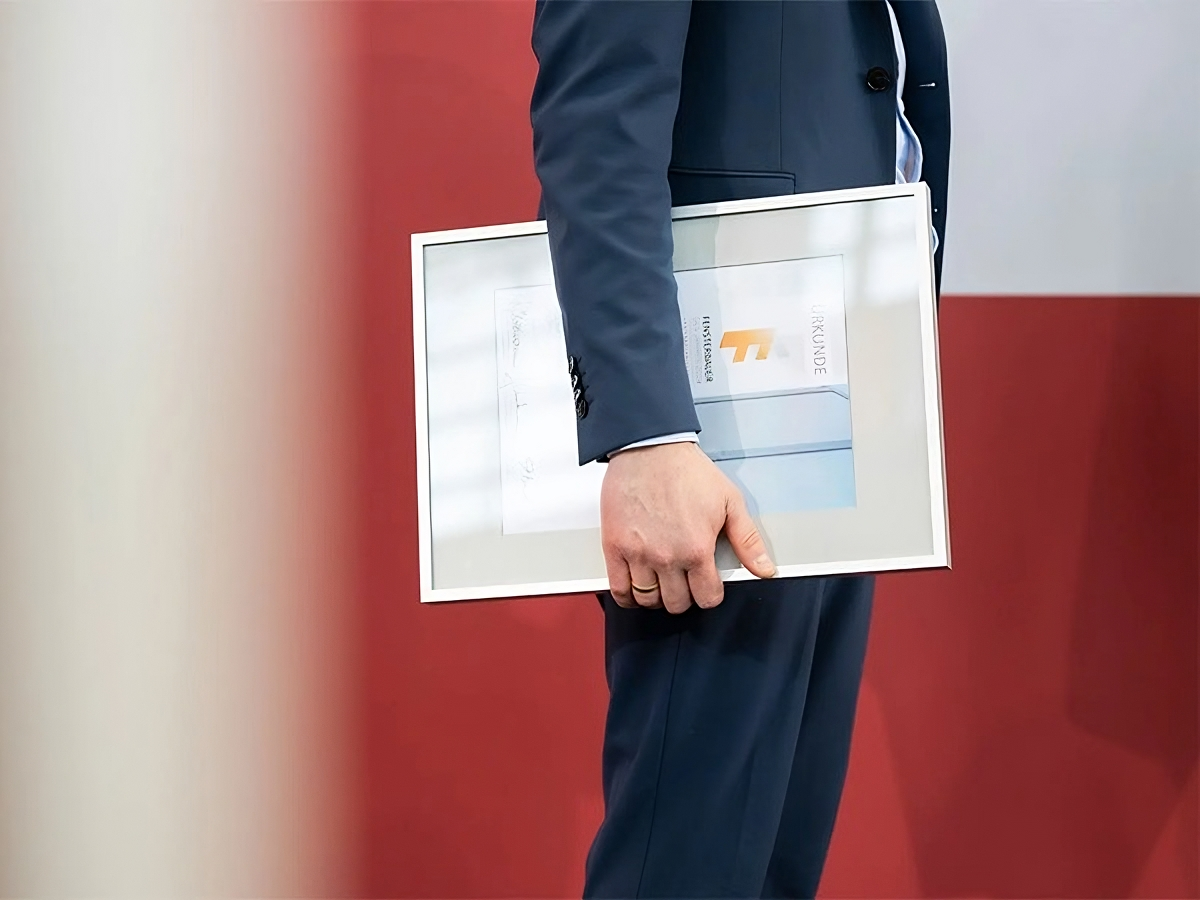British Glass has welcomed the UK Government’s Modern Industrial Strategy 2025, a 10-year plan designed to boost business investment and competitiveness, especially for energy-intensive sectors like glass manufacturing.
Electricity Cost Relief for Manufacturers
A major highlight is the increase in Network Charge Compensation from 60% to 90%, starting in 2026. This move will bring UK electricity costs closer to those in the EU, helping domestic glass producers stay competitive in global markets where energy costs can make or break margins.
Grid Connection Reforms Support Decarbonisation
British Glass also applauded the focus on connection reforms, which currently hinder companies from accessing the grid for clean energy transitions. These changes will ease the adoption of electric and hydrogen-based technologies, both key to decarbonising the glass production process.
Concerns Over Missing Incentives
Still, the organisation expressed concern that the strategy lacks commitment to business models that support electrification. Unlike the EU’s Carbon Contracts for Difference, designed to encourage clean investment in heavy industries, the UK offers no equivalent. This gap continues to discourage companies from investing in electric furnace technology, which is already advancing in countries like France and Germany.
Next Steps for Competitiveness and Sustainability
While the Industrial Strategy signals clear progress, British Glass stresses that further measures are needed to close the fossil fuel vs. electricity cost gap. Without stronger incentives, the UK risks falling behind in the race toward sustainable glass production.
Source: British Glass with additional information added by Glass Balkan







